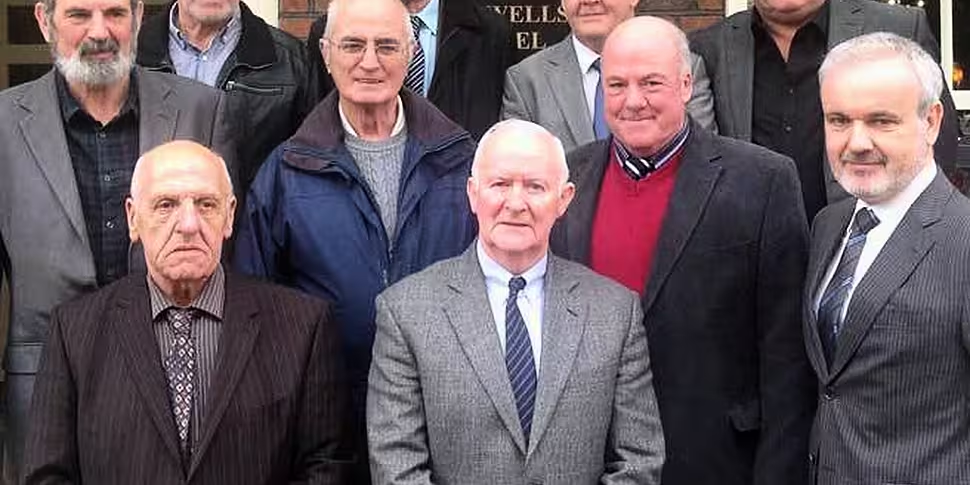12 men were detained in 1971 and subjected to interrogation techniques a British Army Base in Co Derry, which included including prolonged hooding, continuous loud noise, sleep deprivation, food and water deprivation and forced stress positions.
The Irish Government brought a complaint against the UK Government to the ECHR about their treatment. In 1978 the ECHR ruled the techniques constituted inhuman and degrading treatment but not “torture”.
New evidence has emerged which alleges that British authorities at the time purposely misled the European Commission on Human Rights and the court by withholding information in the case. It has led the Irish Government to ask the European court to reassess the matter.
But human rights activists worldwide say it should be done anyway because of the huge ramifications the case has had on the administration of torture worldwide.
In Guantanamo Bay, where the five interrogation methods were used against detainees, the US government point to the ruling to prove that their actions are not in fact torture.
Eric Lewis is a human rights lawyer for several Guantanamo Bay detainees, who say that the Irish state’s decision to request that the judgement be reassessed is vital for international law.
Last month, one of his clients – Fawzi al Odah, one of the longest serving detainees in Guantanamo Bay, and who was known to be innocent of any wrongdoing - was released back to Kuwait after 13 years.
Shona Murray spoke to Eric about the case of Fawzi al Odah and the decision by the Irish Government:









